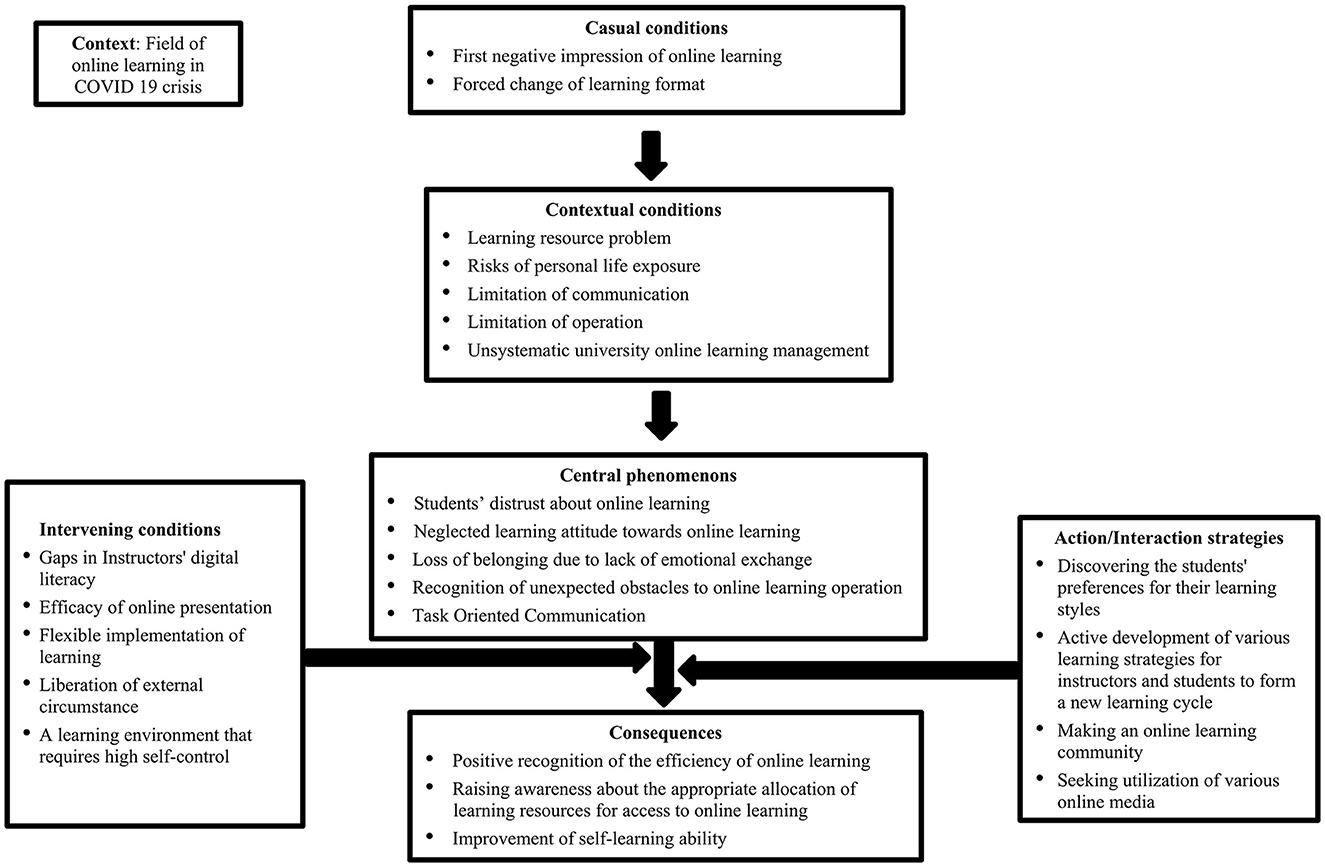When we talk about examples of fields of study that can’t be done online, it’s important to understand that some subjects require hands-on experiences that virtual classes just can’t offer. While online education has grown a lot in recent years, there are still fields of study that need physical presence and direct interaction. From medical training to engineering labs, some things simply can’t be learned through a computer screen.
In this blog, we will look at several examples of fields of study that can’t be done online. These fields need real-world practice, and we will explain why online education can’t fully replace the hands-on learning experience. Whether it’s through physical equipment or face-to-face collaboration, some subjects will always need the in-person touch.
Why Some Fields of Study Can’t Be Done Online
While online education has grown, there are still examples of fields of study that can’t be done online. Some subjects require you to be physically present to learn and practice. This might include subjects like medicine or engineering, where you need hands-on experience with tools or patients. Virtual learning can only do so much, but it can’t replace the need for real-world interaction and practice.
Real-life experience is crucial in many professions. For example, medical students must work with patients to learn how to treat real health issues. It’s not something that can be fully taught through video lectures or online textbooks. Similarly, engineers need to work with actual machinery and devices, making it difficult to teach certain aspects of their field online.
Hands-On Learning: Why Certain Degrees Need Physical Presence

Some degrees require students to physically interact with people or things. Examples of fields of study that can’t be done online include those that need practical skills. For instance, nursing students need to practice giving injections or taking blood pressure readings. These are skills that can’t be fully learned through a screen.
Another example is construction management, where students learn how to handle real building materials and use equipment. Virtual lessons can teach theories, but hands-on experience is the key to truly understanding how things work in real life. This is why some fields will always need physical presence for full education.
Examples of Fields of Study That Can’t Be Done Online: Medical and Healthcare Professions
How To Earn Money Online WIth Zero Investment are most common in healthcare. Professions like medicine, nursing, and dental studies require students to interact with real patients and practice procedures in a controlled setting. In these fields, students need to gain practical experience by working directly with people, something that can’t be fully replicated online.
Medical students, for example, learn how to diagnose and treat illnesses through direct patient interaction. Virtual tools like simulations can help, but they can’t replace the knowledge gained from real-life situations. The same goes for nursing students who must practice giving care, which is difficult to do from a distance.
The Limitations of Online Learning for Engineering and Technical Degrees
Examples of fields of study that can’t be done online also include many engineering and technical degrees. These programs often require students to work with complex machinery, tools, and equipment. It’s difficult to simulate these experiences online. For instance, mechanical engineering students must work with physical machines to understand how they function.
Likewise, electrical engineering students need to learn how to handle circuits and wiring in real life. While online courses can teach theories and concepts, they can’t replace the need for physical interaction with the tools and technology used in these fields.
Practical Skills You Can’t Learn Online: The Need for In-Person Training

Some skills simply can’t be mastered online. Examples of fields of study that can’t be done online often involve practical abilities like cooking, carpentry, or hairdressing. These fields require students to work with their hands and practice specific techniques in real settings. Online lessons may show you how to do things, but they can’t replace the physical experience of actually doing them.
For example, culinary arts students need to practice cooking in a kitchen. They must understand the feel and technique of preparing food, which can’t be effectively done through virtual means. Similarly, trades like plumbing and electrical work need hands-on experience to develop the necessary skills.
Conclusion
In conclusion, there are several examples of fields of study that can’t be done online. Whether it’s medical training, engineering, or practical skills like carpentry, some fields just require hands-on learning. Virtual classrooms can teach theories and concepts, but they can’t fully replace the need for physical experience.
The future of education may continue to evolve, but some fields will always need the personal touch that only in-person education can offer. By combining both online and offline learning, we can provide the best of both worlds for students in these hands-on professions.
FAQs
Q: What fields of study can’t be done online?
A: Fields like medicine, nursing, engineering, and hands-on trades such as carpentry or cooking require in-person experience that can’t be fully taught online.
Q: Can engineering be taught online?
A: While basic concepts can be learned online, hands-on practice with machines and tools is essential for engineering and can’t be fully replicated online.
Q: Why do medical students need to be in person?
A: Medical students need to work with patients and practice real-life procedures, which can’t be taught through a screen alone.
Q: Are there any degrees that don’t require in-person learning?
A: Some degrees like graphic design or programming can be taught online, as they mostly rely on virtual work.
Q: Will online education ever replace in-person training?
A: Some fields may adopt more online components in the future, but areas requiring hands-on practice will always need in-person learning.
